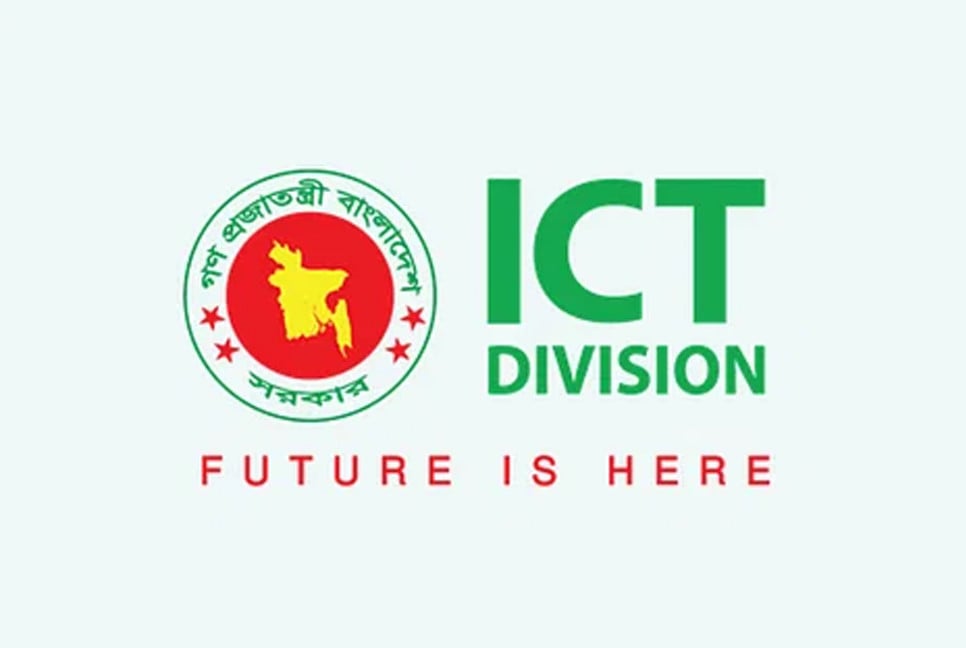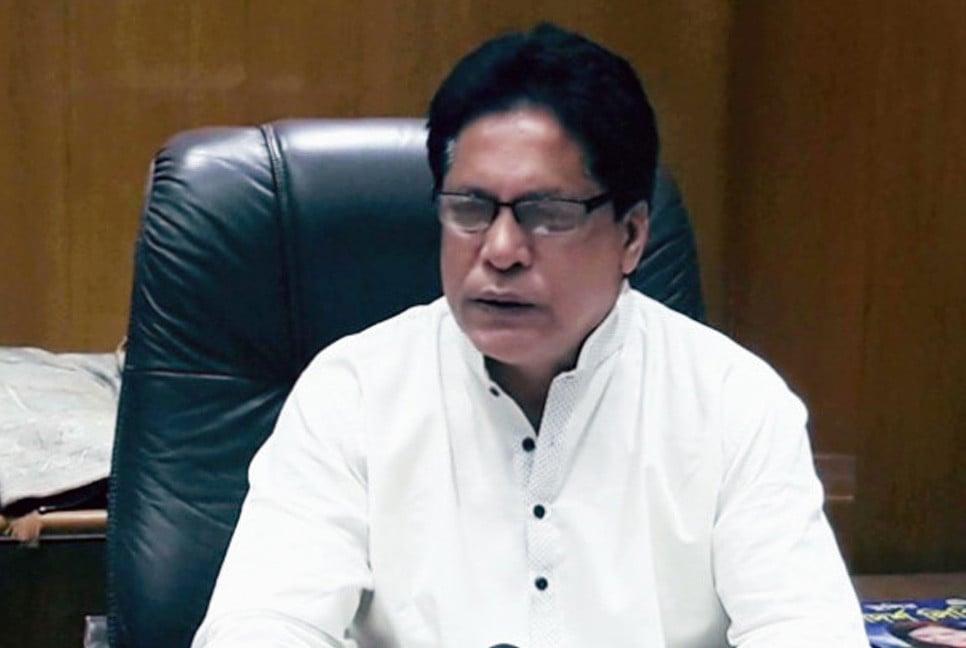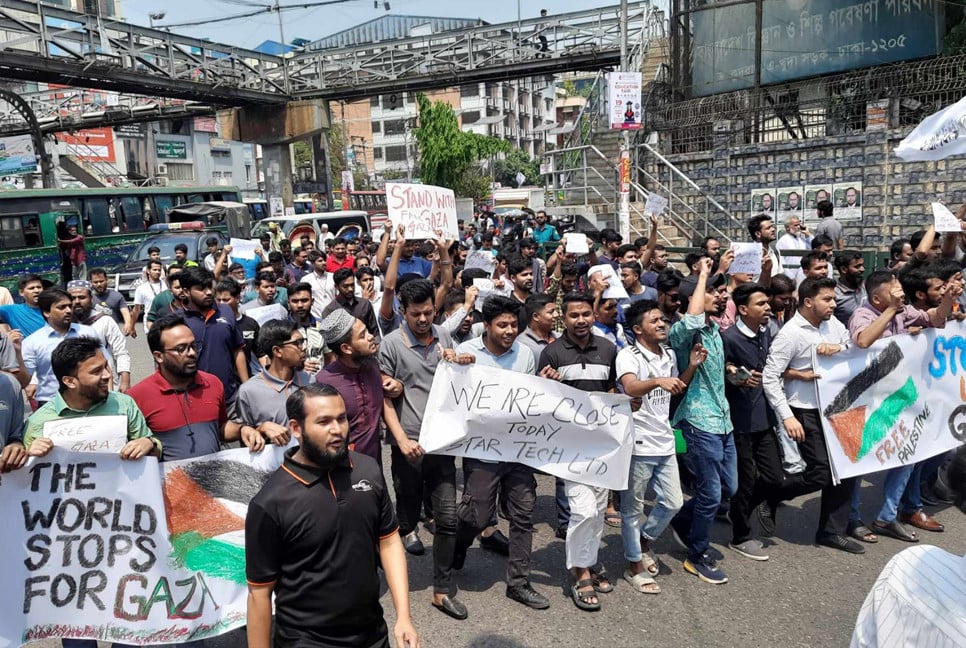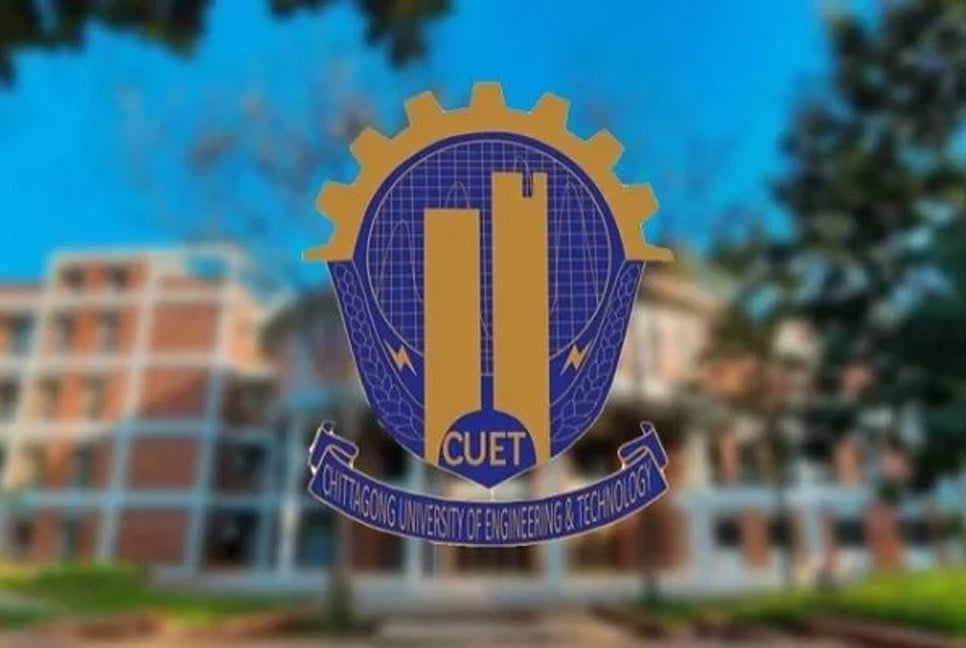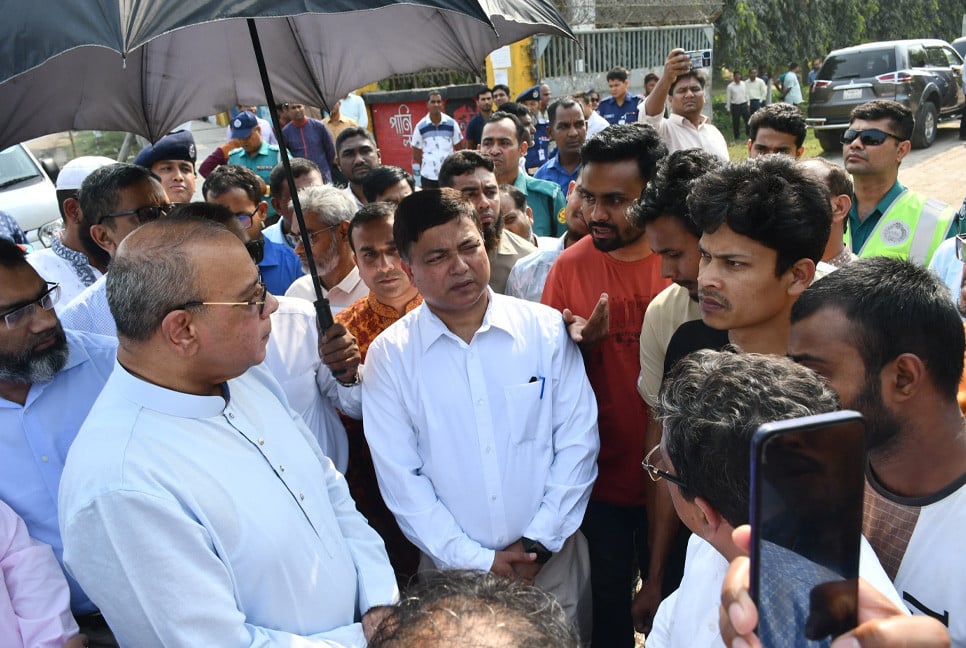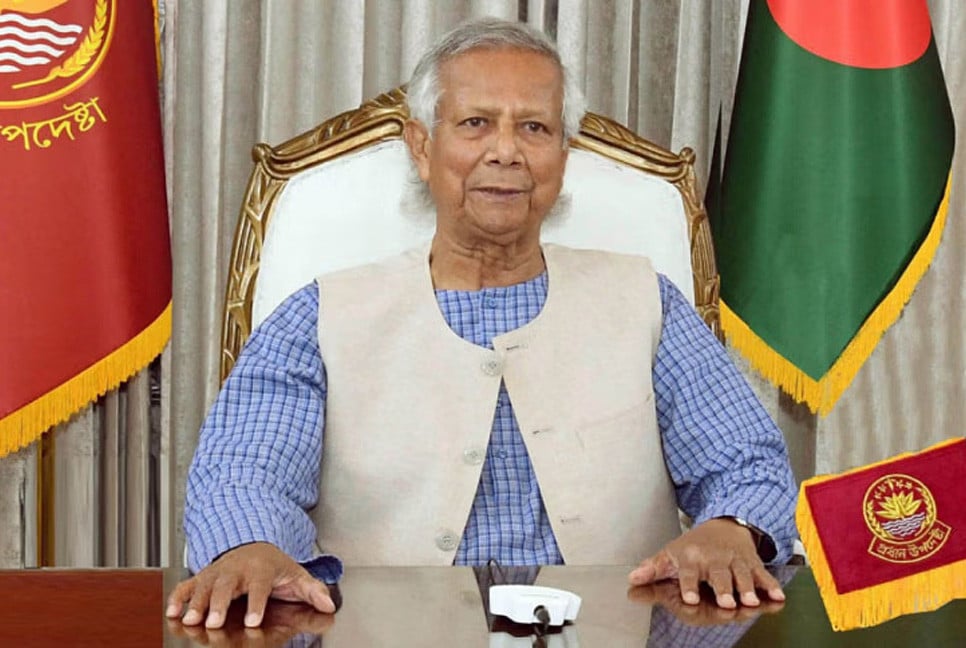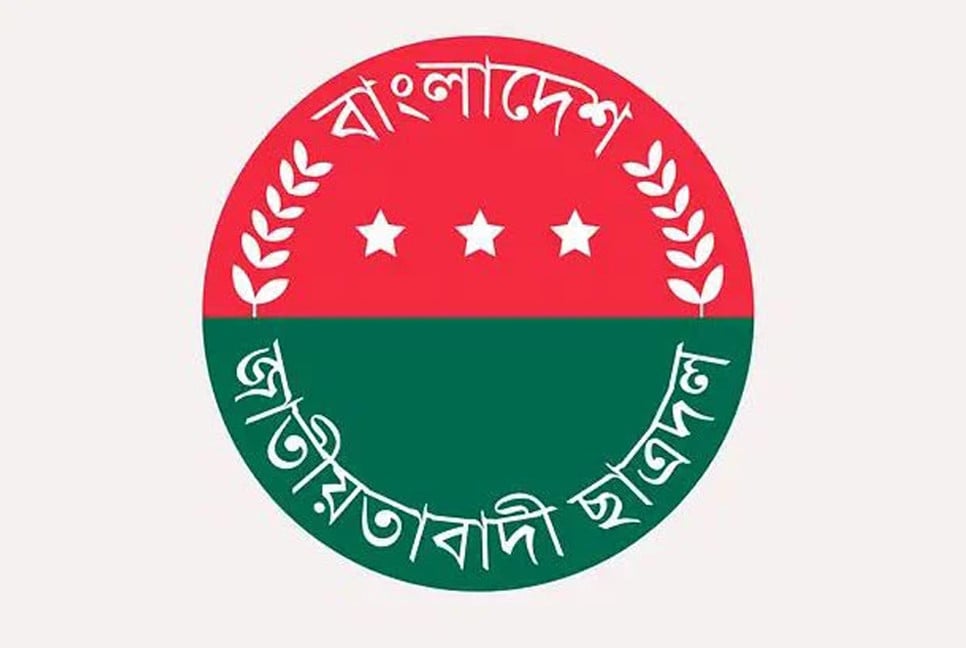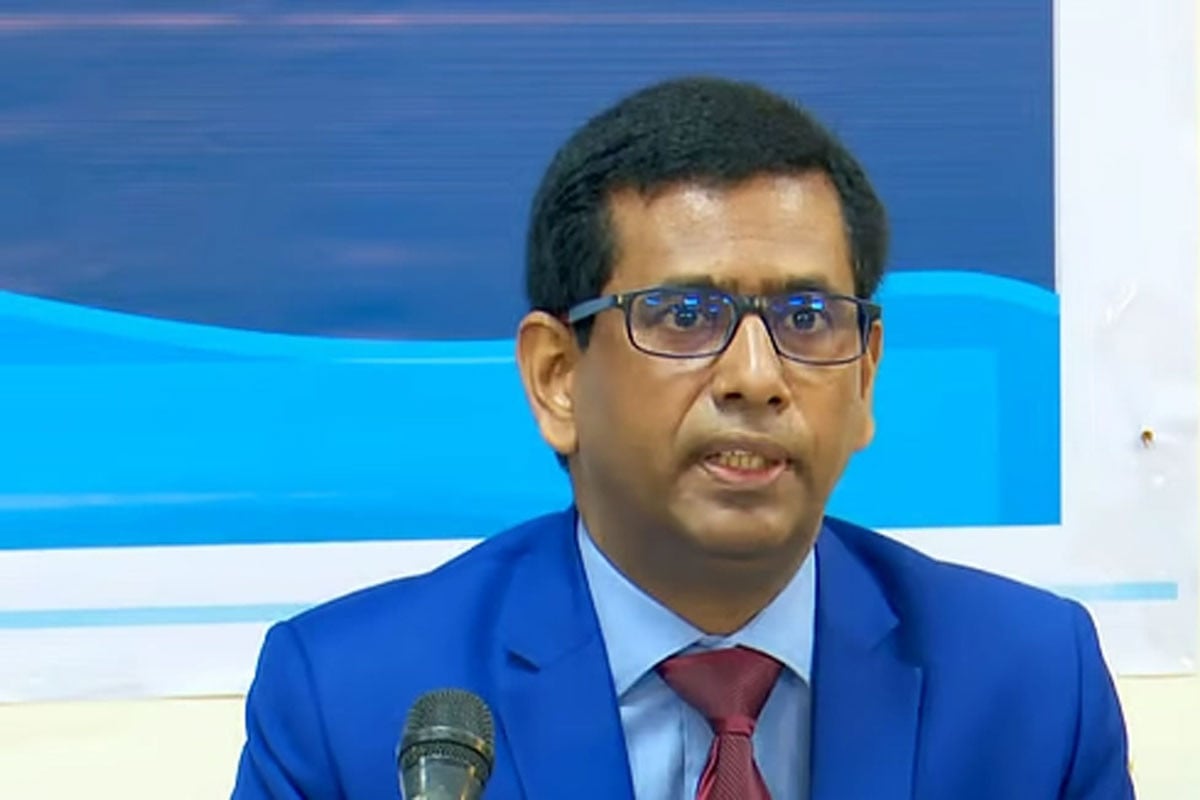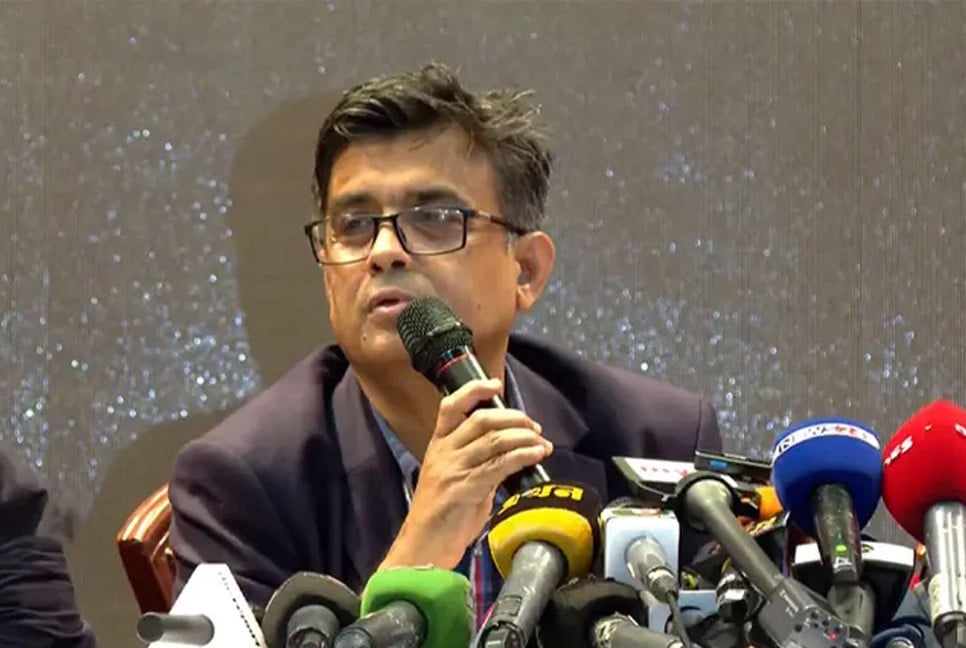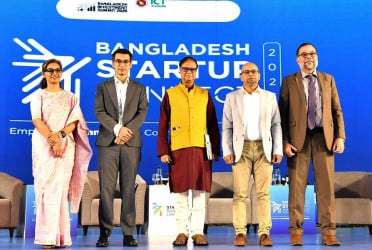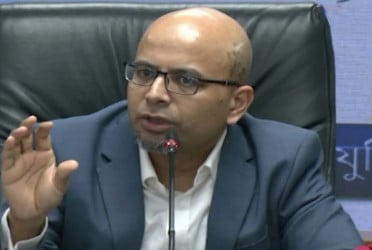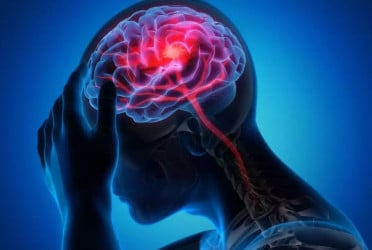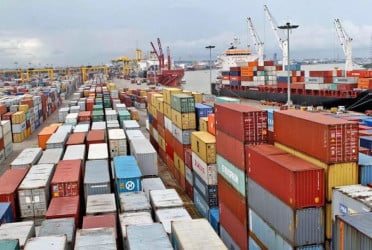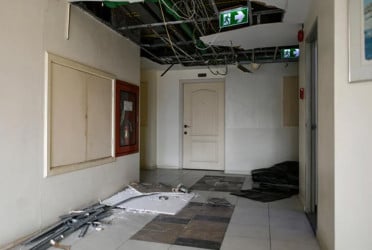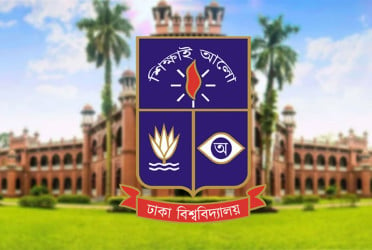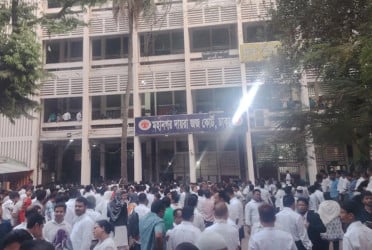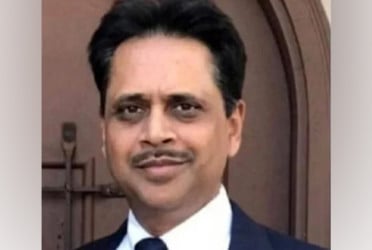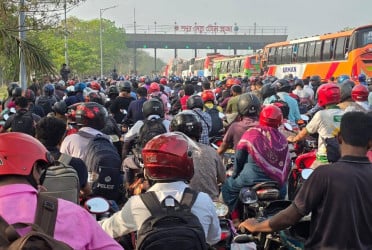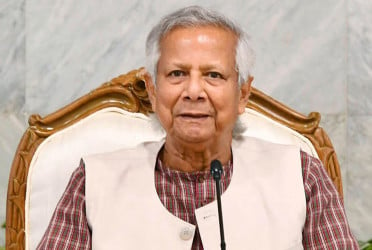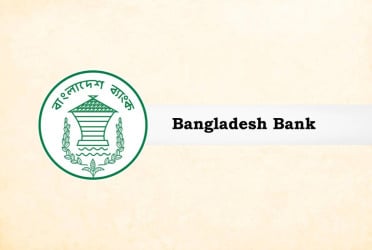ICT during Awami League (AL) government appeared as the most corruption-ravaged sector as the fascist regime engaged it taking on enormous development projects worth tens of thousands of taka which ultimately become unfruitful.
The then AL government, immediately after assuming office in 2009, had taken up those projects one after another in the name of “Digital” and later “Smart Bangladesh, according to the White Paper on the State of the Bangladesh Economy.
According to economists and analysts, the projects of information and communication technology (ICT) sector have been taken for personal gains, by which money of the state has been embezzled everywhere.
The then AL government was ousted on August 5 in the Mass Uprising by students and the public.
The interim government took office and made announcement to publish a white paper investigating the corruption and irregularities of the 16-year regime of Sheikh Hasina.
Later, the government formed a committee for the preparation of a comprehensive "White Paper on the State of Bangladesh Economy" led by Dr Debapriya Bhattacharya, Distinguished Fellow at Centre for Policy Dialogue (CPD) and Convener of the Citizen's Platform for SDGs, Bangladesh.
The committee submitted its report to the Chief Adviser Prof. Muhammad Yunus on December 1.
In the White Paper, the ICT sector has been identified as one of the sectors most affected by corruption.
In this regard, the Chairman of the White Paper formulation committee, eminent economist Dr Debapriya Bhattacharya, told BSS that "ICT sector is a very important sector for Bangladesh and a new field for us. Taking advantage of innovation and inexperience, a huge amount of money has been embezzled in the name of projects.”
He mentioned that a handful of individuals got these projects due to personal connections or political considerations, who embezzled money in the name of project implementation.
Debapriya said, "There has been a major corruption in the procurement process. Equipment and software are purchased at exorbitant prices. Another issue is that many projects or software development projects have been made with larger amounts of money, but their necessity has not been verified.”
He also said that the type of programmes or work mentioned in the projects has not been implemented at all.
In addition, corruption has also emerged in the distribution of various types of allowances through the use of IT, he observed.
He said that it is important to take up projects in the ICT sector in the future for the security, efficiency and economic development of the country as well as conducting administrative activities.
However, it must be corruption-free, he added.
Debapriya made recommendation to give responsibility to honest and skilled person to prevent corruption and waste of money in the ICT sector.
The economist suggested considering the cancellation of unnecessary projects.
Bd-Pratidin English/ARK

